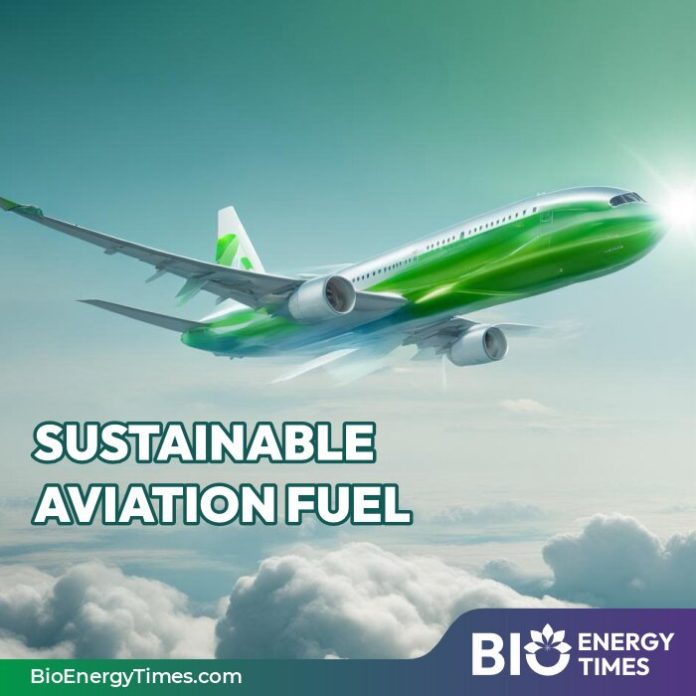Marubeni has commenced the supply of Sustainable Aviation Fuel (SAF) produced through the co-processing pathway, which concurrently processes petroleum-derived and bio-based feedstocks, within Japan. The SAF, derived from vegetable oil (used cooking oil) and produced by HD Hyundai Oilbank, a Korean refining company, was procured by Marubeni at its refinery and supplied to All Nippon Airways Co., Ltd. at the Chiba terminal of Marubeni Ennex Co., Ltd., a wholly owned subsidiary. This marks the first instance of SAF from the co-processing pathway being supplied in Japan.
Amid global efforts to curb CO2 emissions in the aviation sector, the International Civil Aviation Organization (ICAO) has implemented a CO2 emission reduction framework. Concurrently, the Japanese government aims to increase Japan’s SAF blend ratio in aviation fuel to 10% by 2030. SAF, recognized for its potential as a low-carbon fuel, is poised to meet the growing demand under these regulatory and environmental imperatives.
What is the Co-Processing Pathway?
The co-processing pathway blends bio-derived feedstocks like vegetable oil with petroleum-derived inputs in existing refinery units. This method enables the production of partially bio-derived petroleum products without extensive facility modifications, thereby reducing capital investment and accelerating SAF production. It serves as a transitional solution until dedicated SAF production facilities become more prevalent.
Future Prospects
Marubeni articulated its long-term climate change vision in March 2021, emphasizing a green strategy as a fundamental element of its mid-term management strategy GC2024. The company aims to contribute significantly to global climate initiatives, including the aviation sector’s decarbonization, by expanding its SAF distribution network and continuing to innovate in sustainable aviation solutions.















